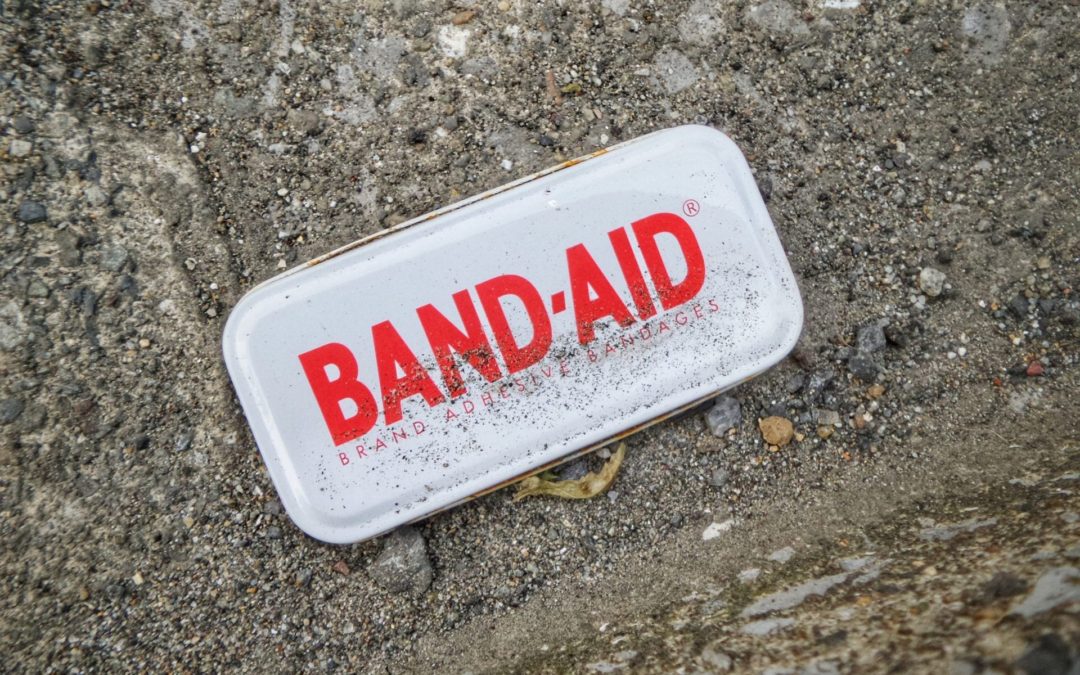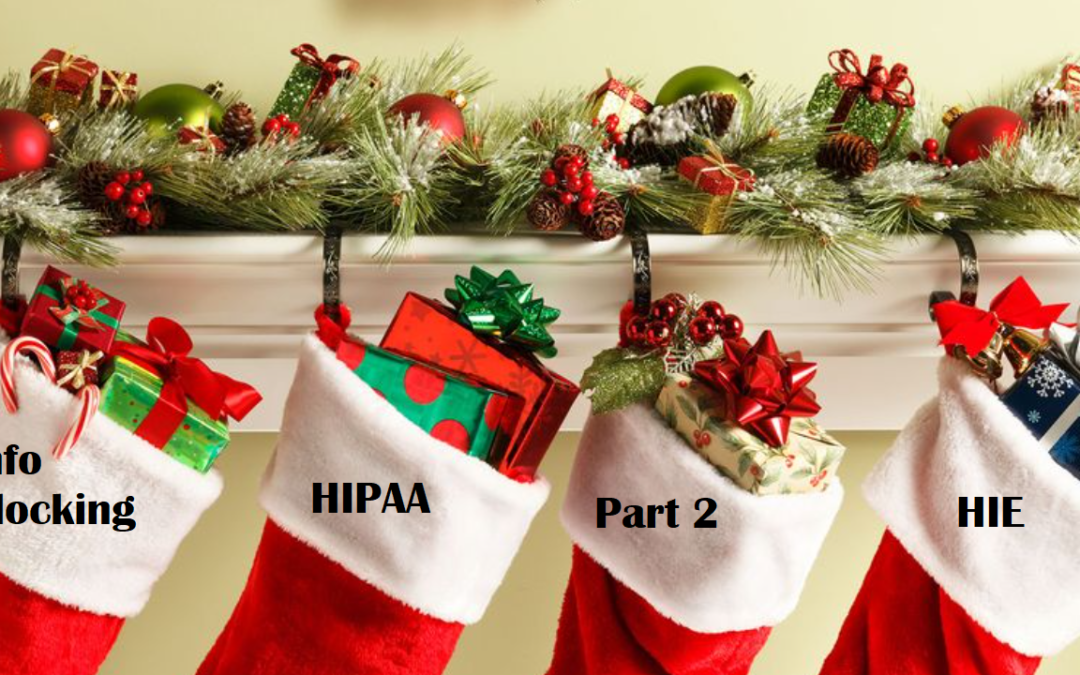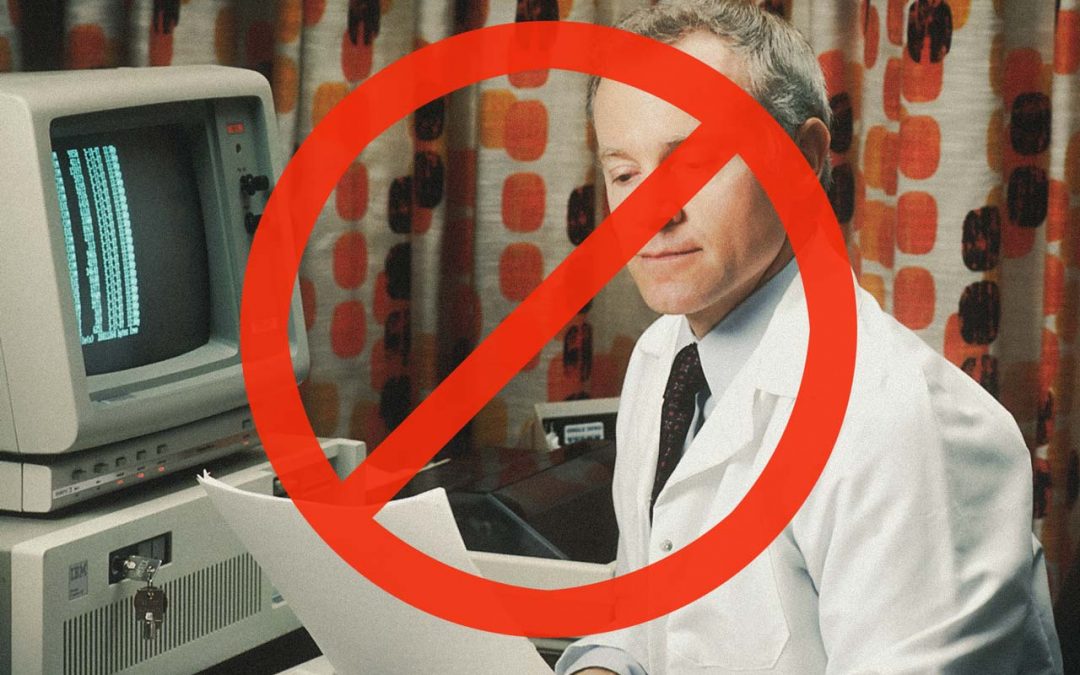The Information Blocking (IB) Rule is intended to work in sync with HIPAA, including the “right of access” the Privacy Rule grants to patients with regard to access to their own protected health information (PHI). However, as I continue to analyze how to implement various standards that overlap between these two regulations, questions about how to thread the needle on seemingly conflicting standards continues to come up. Today, I take a closer look at the difference between HIPAA’s “right of access” as compared to the Preventing Harm Exception found in the IB Rule. Specifically, this post considers how a covered entity health care provider . . .














